Doctor Who Season 6 is one of the longest in the show’s history at a staggering 44 episodes. We take a look back at some of the Time Lord’s most epic adventures…
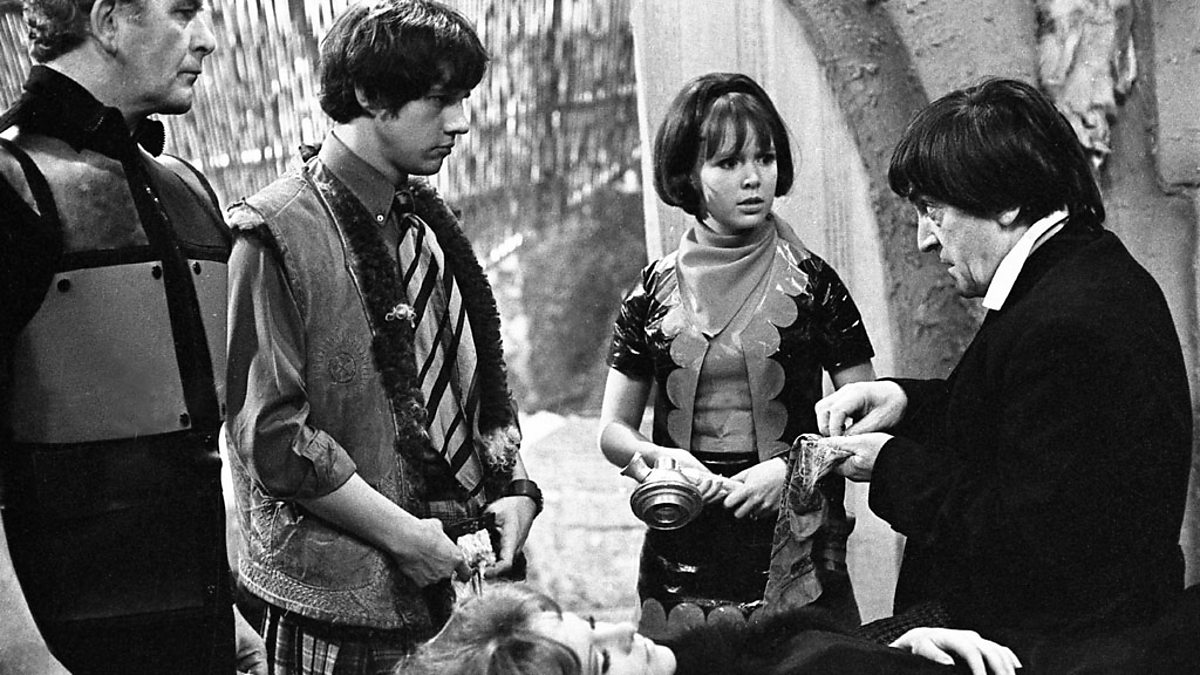
Believe it or not, back in the 1960s it wasn’t uncommon for Doctor Who seasons to run into their 40s, and Doctor Who Season 6 was no exception. It was, however, the last time that the show would ever experience such a long season. Doctor Who was about to make the transition into colour, and a whole new method of production. In the 70s, the show wouldn’t be shot in the traditional ‘theatre’ style (i.e. one episode per week) but would move closer to the type of TV production we see today. In this respect, Doctor Who Season 6 marked the end of an era.
It was also the end of an era for the incumbent Time Lord Patrick Troughton who, after three years in the role, was ready to move on. His companions Jamie and Zoe would be leaving the TARDIS, too, although Frazer Hines was given the chance to stay on with the new Doctor Jon Pertwee, but ultimately decided against it at the request of his agent.
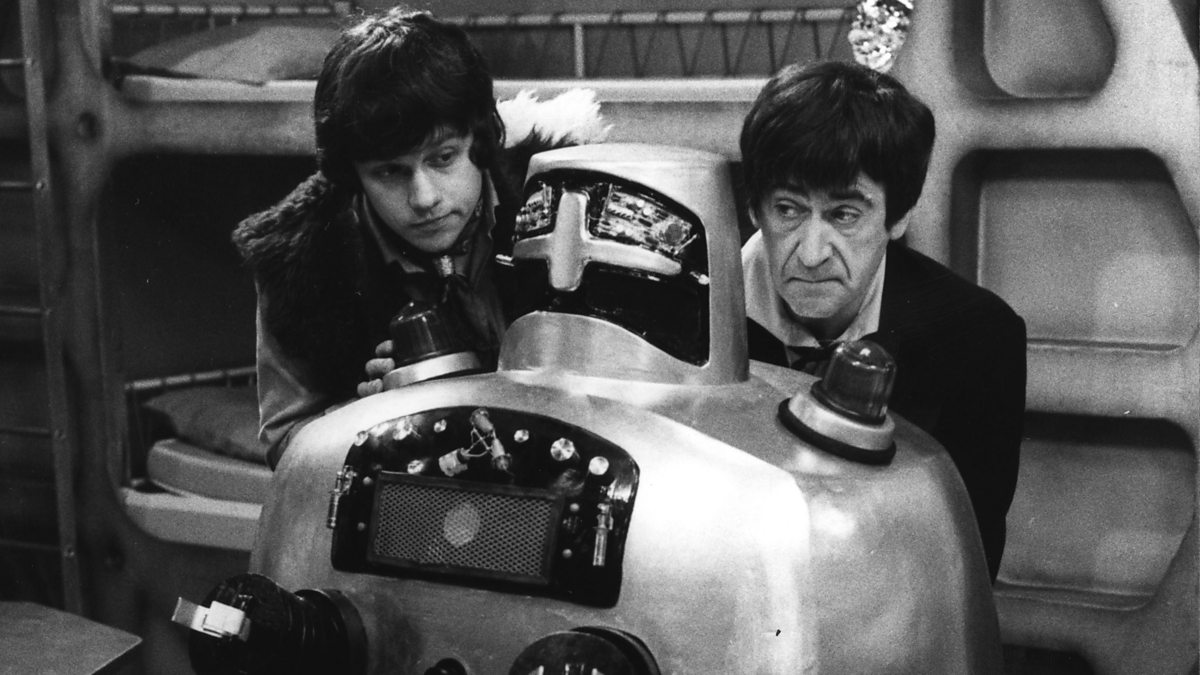
At the same time, it’s worth noting that Doctor Who Season 6 was almost the final season of Doctor Who, ever. It was relatively expensive to produce, and the viewing figures had dwindled as its sixth season had rumbled on. Thus, the final story ‘The War Games‘ in which the Doctor finally revealed he was a Time Lord and made a return trip to his home planet could well have been the last we saw of him, until the series was given an eleventh hour reprieve.
It’s fortunate, then, that ‘The War Games’ is actually a really good story. It was an eye-watering 10 episodes long, making it one of the longest Doctor Who adventures of all time, beaten only by ‘The Daleks’ Master Plan‘ and ‘The Trial of a Time Lord.’ This was out of necessity rather than creativity, as the production team found themselves with a 10 episode gap at the end of Doctor Who Season 6, and had to scramble to fill it. The unenviable task fell to writers Malcolm Hulke and Terrance Dicks, who managed to weave an adventure that, impressively, rarely trod water.
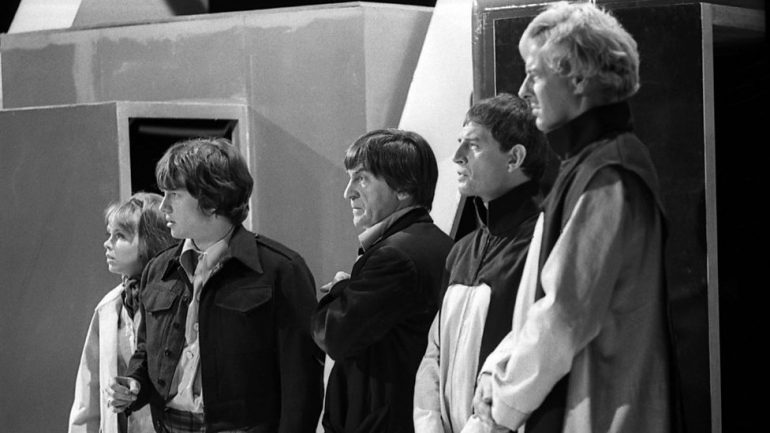
Indeed, a number of stories from Doctor Who Season 6 had to be written around production constraints. The biggest ‘victim’ was ‘The Mind Robber,’ which was originally planned to be four episodes long. However, its preceding story ‘The Dominators’ had struggled at the writing stage, and although it had originally been planned as a six part adventure, the production team quickly realised that it simply wouldn’t stretch beyond five.
‘The Mind Robber,’ therefore, needed an extra episode tacking onto the front end. But in classic Doctor Who style, there was no money to facilitate this. As in, zero. So the first episode of ‘The Mind Robber’ was filmed using only the Doctor and his companions, the pre-existing TARDIS set, and a white background, along with some robot costumes which had been borrowed from another series called Out of the Unknown.
Alas, this wasn’t the only problem that Doctor Who Season 6 would face, as the actor Frazer Hines also fell ill during the filming of ‘The Mind Robber’ and had to be replaced halfway through with a lookalike. But this actually made sense within the context of the story, as the Doctor and his friends were trapped in a trippy world of fiction where reality as they knew it had ceased to exist. And so one could argue that these issues actually worked in the story’s favour.
One element that is distinctly absent from Doctor Who Season 6, however, is the Daleks, save for a fleeting appearance in ‘The War Games.’ This was because their creator Terry Nation was busy trying to secure a Dalek TV series in America, and had withdrawn permission for the BBC to use his mutated creations.
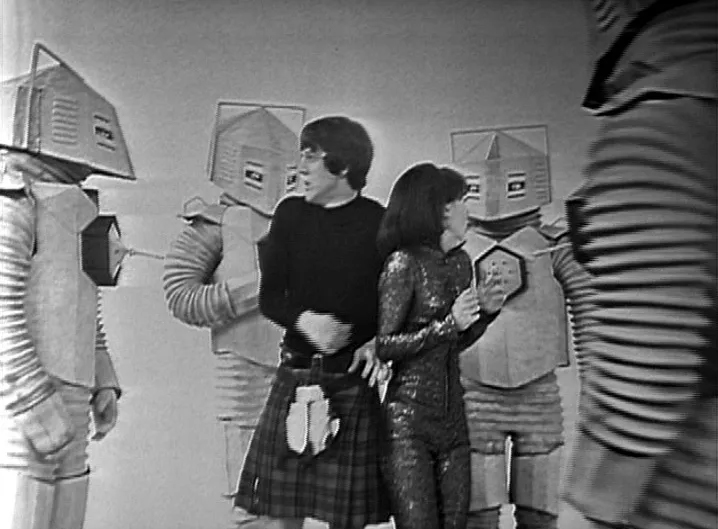
But there was a slot for the Doctor’s other well-known foe the Cybermen, who appeared in the epic eight part adventure ‘The Invasion.’ In fact, Doctor Who Season 6 would mark the final appearance of the Cybermen for some time, and they didn’t appear at all during the Jon Pertwee era. The next time viewers would see the metal giants from Mondas would be in 1975’s ‘Revenge of the Cybermen’ starring Tom Baker.
But this isn’t the most significant thing about ‘The Invasion.’ The story also re-introduced the character of Alastair Gordon Lethbridge-Stewart, who had now been promoted to the rank of Brigadier and was heading up a military outfit known as UNIT to combat alien threats. UNIT, of course, would play a key role throughout the Jon Pertwee era, and they would continue to appear in Doctor Who even up to the present day. As such, ‘The Invasion’ really was a milestone moment in the history of the show.
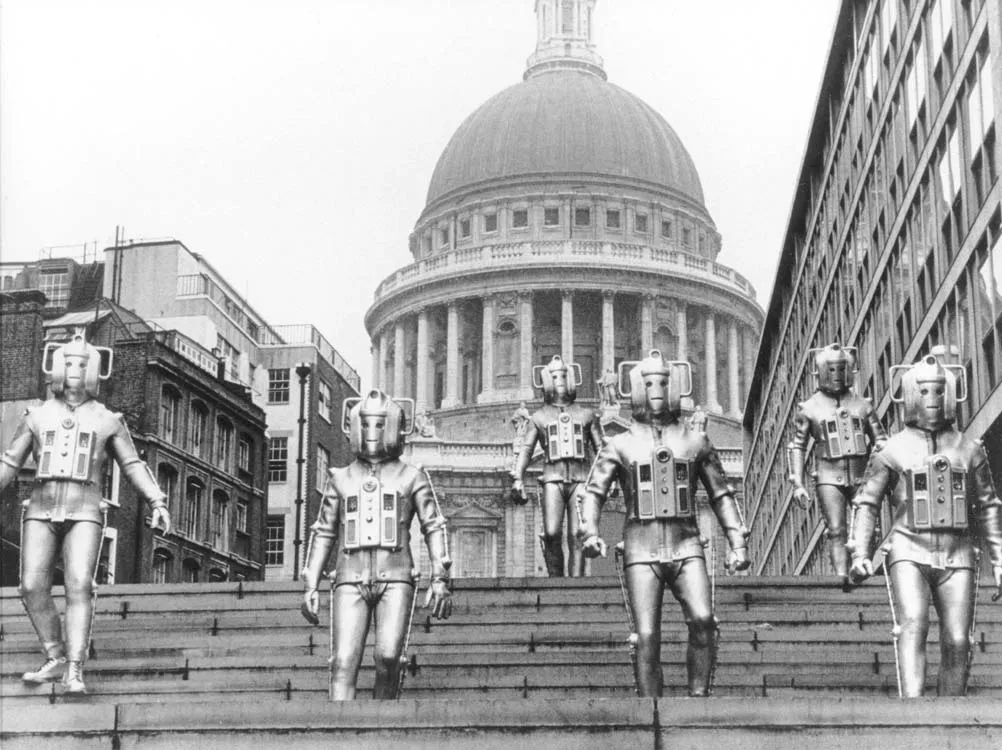
It’s also worth noting that the majority of Doctor Who Season 6 still exists in the BBC’s archive. This may sound surprising if you’re unfamiliar with the BBC’s junking policy, but basically all of the Doctor Who episodes from the 1960s were wiped or burnt by the Beeb, and we only have copies today because of prints that were returned from overseas. Fortunately, there are only seven episodes missing from the 44 that comprise Doctor Who Season 6, which is impressive. Two of these are from ‘The Invasion,’ and five are from the penultimate story ‘The Space Pirates.’
Overall, Doctor Who Season 6 was an epic outing for the Second Doctor, and a fitting send-off for Patrick Troughton and his companions. If you’ve never seen it before, it’s well worth your time.
Which is your favourite story from Doctor Who Season 6? Let us know in the comments below.










Leave a Reply